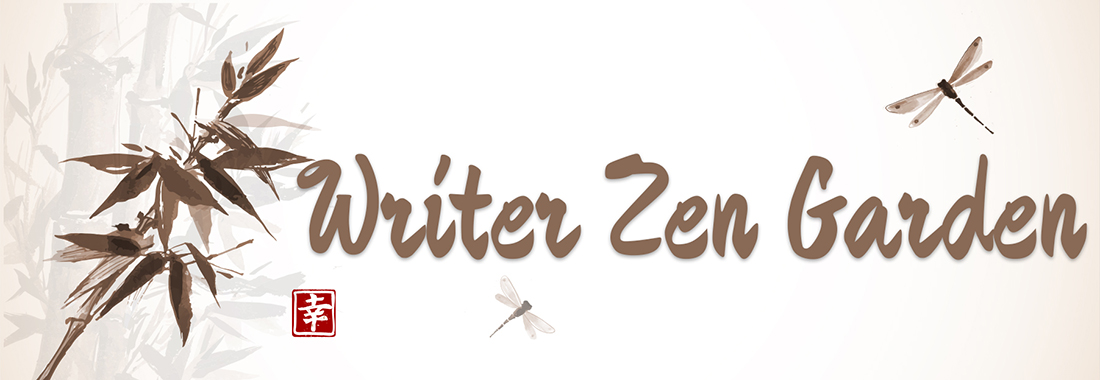Editing Schmediting
But just because I can write and write and write, doesn’t mean it’s actually good. There has to be clean up, tightening, re-wording, re-structuring, clarification to make my writing read-worthy, just like anybody else (except for you annoying three people who get it exactly right the first time). I spent the better part of a week earlier this month doing nothing but editing, and here’s what I’ve determined: it’s no fun. XP
But I learned something else about myself: I can learn to edit. Really edit. And while it might not be as much fun as letting my imagination have free reign and letting my fingers fly over the keyboard – the results are very satisfying. It does require me to switch out the cogs in my head, and after a bout of editing like what I just went through, I think it will be some time before I can turn off that ‘internal’ editor and get back to writing smoothly. However, the next time I sit down and put on my ‘editor cap’, I’ll be better prepared because of the list of steps I’ve made for myself.
I thought I would share them here because, a) they are gathered from various well-trusted sources, b) I find them useful, c) I told you I’m sapped and I couldn’t think of anything else to post. =P
So, here’s my semi-gelatinous editing task list:
1. I edit for spelling, grammar and continuity as I go. In a novel, this means after I draft a scene, I read it again and edit. Sometimes more than once. If I go away for any length of time, when I get back I read the last scene or two again (and sometimes edit) before moving on. However, if you don’t do this, a spellcheck and grammar check are a good place to start. They won’t catch most homophones though, so watch out.
2. My next step is a simple cut/re-arrange. Basically, ignoring mechanics, does each scene move the story forward? Is there a message to take away from each scene, and what is it? This is the time for major cuts/re-writes and this is also where I take word count under strongest consideration. I’m sort of obsessive about having well-balanced chapters, meaning that they be a fairly consistent number of words. I know, I know . . . moving on.
3. Next, I do a search and highlight (in various colors) for the major ‘weak writing indicators’. Some of these are universal: was, were, have, and had can signal passive voice; began, started, almost, practically are stall/lessening phrases; something/anything/everything are vague; THAT – they aren’t lying when they say you can delete half of these with no effect. I also have a set more specific to me, words I know I overuse: look, shrug, grin, nod, eyes, dark, wanted, felt, etc. By the time I’m done with this – my manuscript looks like a laser light show.
4. Time for another read-through. Yep. From the beginning. The goal here is to lessen the color spectrum by re-phrasing, choosing stronger verbs, more exact nouns and or taking out unnecessary clauses. At the same time, on this read through I try to manage the flow of the narrative, make sure I have the emphasis in the right place, fiddle around with paragraph breaks, vary my punctuation, etc. I’m like a diva shoe-shopping with my word choices too – “Hmm… maybe this one. No, no . . . this one.”
5. If you’re doing it all by my lonesome, the last step is yet ANOTHER read-through. From the beginning, just for smoothing. This time, I try to focus on envisioning the story, feeling the characters. Did I get my point across? Is the story engaging? Does anything kick me out as a reader. It’s always better if you have someone else to do this step for you. But if you’re very prolific, sometimes this is difficult. So, taking a break from the steps above (when possible) is most advisable. Try to look at the story as if you’re a reader reading it for the first time.
As you can imagine, my eyes are still crossed. I read my novel about six times in a week. And now I’m sick of me.
For what it’s worth, though . . .
~Gwen

Eep… *shivers* that sounds tough. Thanks for the tips, though, I\’ll be sure to implement them in my future editing.
Takes the \’glamour\” out of writing…but finishes with a publishable novel. Way to go Gwen. 🙂
Yes, it is much less fun than the actual writing part, but like I said – worth the reward in the end! =D